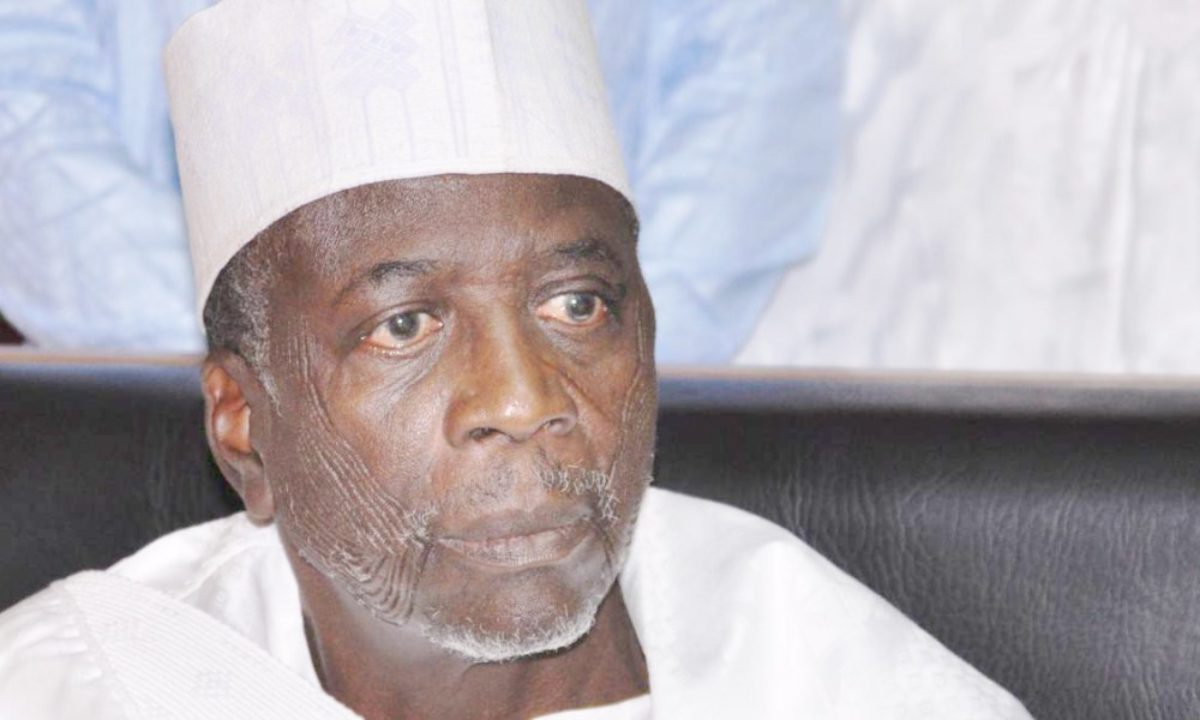From Ndubuisi Orji, Abuja
The House of Representatives has passed the tax reform bills for second reading.
It approved the four bills for second reading, yesterday, after a debate on the general principles of the proposed legislations, which lasted for over three hours.
On October 3, 2024, President Bola Tinubu transmitted four bills, intended to reform tax administration in the country, to the National Assembly. The bills include The Joint Revenue Board of Nigeria (Establishment) Bill, 2024, The Nigeria Revenue Service (Establishment) Bill, 2024, The Nigeria Tax Administration Bill, 2024 -and the Nigeria Tax Bill, 2024.
However, the proposed legislations were trailed by controversies with the National Economic Council ( NEC) calling for their withdrawal for more consultations. Also, governors and the Northern Elders Forum (NEF) have equally kicked against the bills.
The controversy over the tax reform bills stemmed principally from the proposed increase in the Value Added Tax ( VAT) and the distribution of revenue to the states. Section 146 of the Nigeria Tax Bill provides for an increase in VAT from the current 7.5 percent to 10 percent in 2025, 12 . 5 percent in 2026- 2029 and 15 percent in 2030.
Also, Section 77 of the Tax administration bills states that revenue accruing from VAT shall be distributed on to the three tiers of government as follows: Federal Government- 10 percent; state government- 55 percent and local government 35 percent, “ provided that 60 percent of the amount standing to the credit of states and local governments shall be distributed among them on the basis of derivation.”
However, this provision, especially Section 77 of the Tax Administration Bill, has not gone down well with Northern leaders, who believe it will affect the region adversely.
Nonetheless, while the Senate, last December passed the four bills for second reading and referred them to its Committee on Finance, the proposed legislations were stalled in the House, with those opposed to it vowing to scuttle their passage.
However, in a twist, the House on Wednesday, opened debate on the general principles of the contentious bills.
The House leader, Julius Ihonvbere, while leading debate on the bills, expressed appreciation to President Bola Tinubu for the courage to embark on tax reforms in the country.
Ihonvbere stated that the objective of the tax reform bills is a total overhaul of the country’s tax system, as well as provide incentives for businesses to grow the economy, amongst other benefits that will accrue to individuals, families and corporate bodies.
“The focus of the tax reform bills essentially is to ensure a total overhaul and modernization of the system, which is chronically outdated and one of the most backward on earth.
“These reforms will benefit families extensively. For the first time, there would be a complete exemption of low income workers earning up to N1m per annum from PAYE. They will no longer need to pay any tax at all.
“There are tax incentives for employers to hire more workers. Our small business; since this is the focus of this administration. It supports small businesses to expand the economy. “
However, members in their respective contributions, expressed divergent views on the four bills, while expressing hopes that during the public hearing, all concerns about the proposed legislations will be fully addressed.
Chairman, House Committee on Tertiary Education, Abubakar Fulata, said while the bills are proposing amendments to over 40 Acts, copies of the Act are not before members, so that they can be well guided.
“This bill also seeks amendments of over 40 Acts, which are not before us. Those 40 acts should be laid before us, so that we compare them with what we are amending, “ Fulata stated.
Similarly, the member representing Damboa/ Chibok Federal Constituency of Borno State, Ahmed Jaha, said the bills were vague on the principle of derivation.
He said: “Derivation is not clearly written or explained whether it is consumption derivation they mean or derivation based on generation. In as much as their position is consumption derivation, I have a reservation.
The lawmaker, while opposing the increase of VAT, as contained in the tax reform bills, said there was also need for clarity on what category of family income can be taxed.
After it was passed, Speaker Tajudeen Abbas, who presided at the plenary referred it to the Committee on Finance for further legislative action.




 1 week ago
36
1 week ago
36







 English (US) ·
English (US) ·